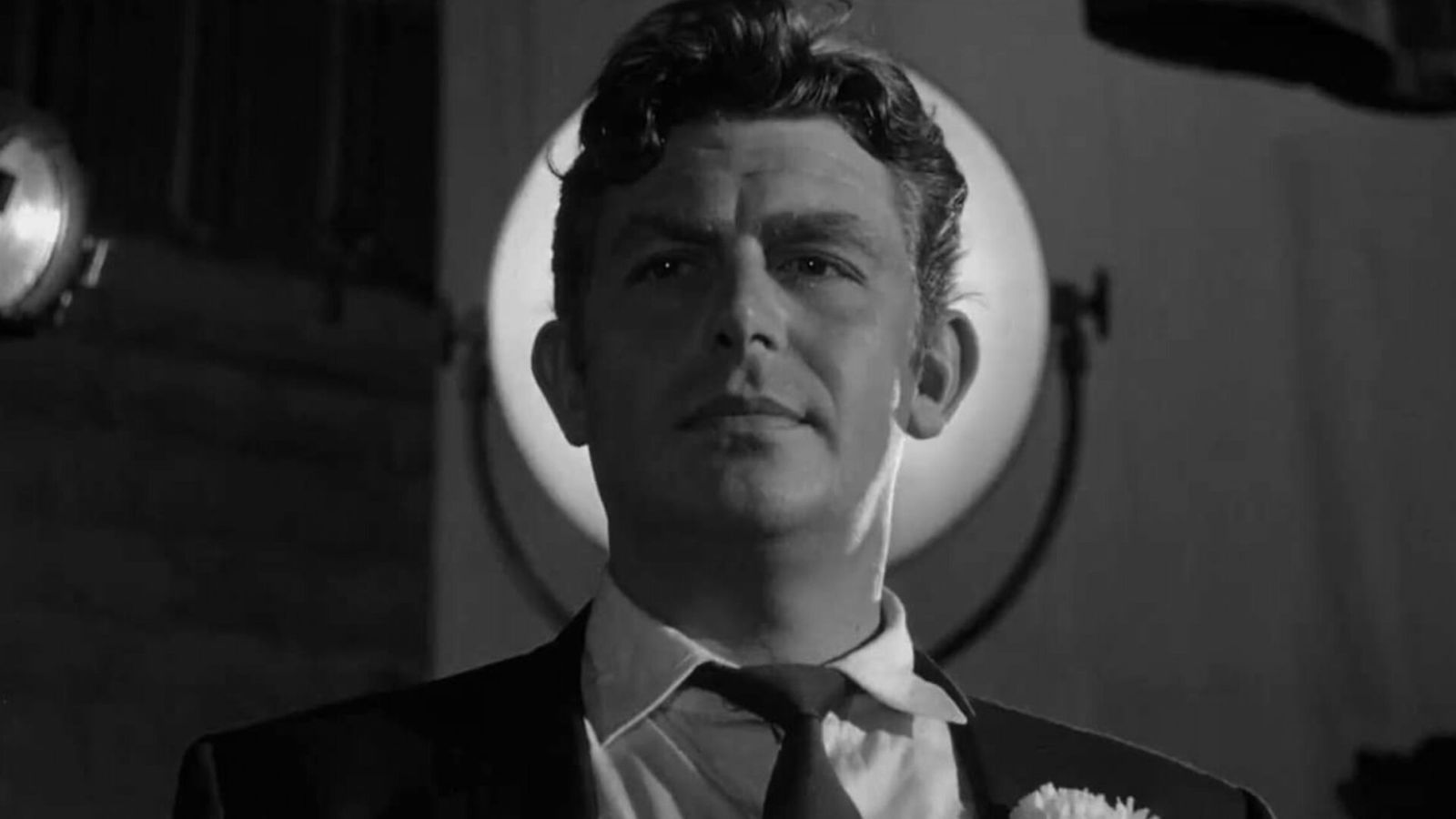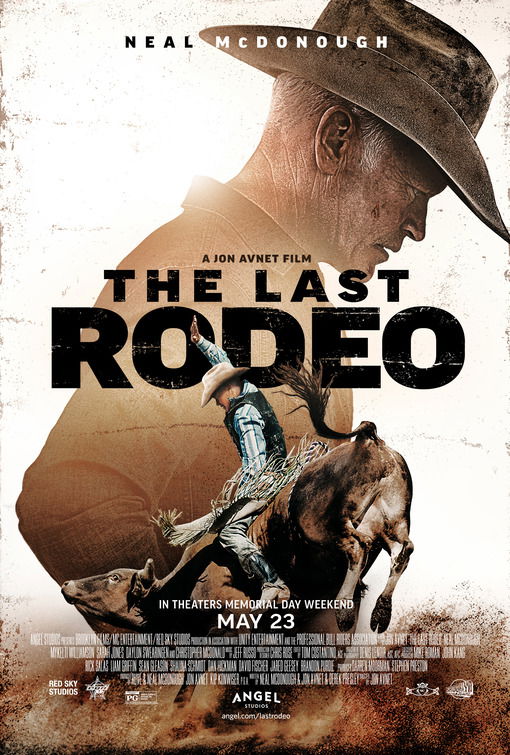
Andy Griffith Reveals Intimate Moments with Christ While Battling Nerve Disorder
By Movieguide® Staff
Note: This story is part of our Faith in Hollywood series. For similar stories, click here.
Actor Andy Griffith, best known for THE ANDY GRIFFITH SHOW and MATLOCK, recalled how God’s grace is evident in life’s most difficult trials.
“Each of us faces pain, no two ways about it. But I firmly believe that in every situation, no matter how difficult, God extends grace greater than the hardship, and strength and peace of mind that can lead us to a place higher than where we were before,” Griffith wrote in an article from 1996. “Let me tell you about one of the hardest times in my own life, and how I found this to be true.”
In 1983, Griffith married Cindi Knight, but their first moments together were instantly full of trials that they had to face together.
“When she married me in April 1983, I was not at the pinnacle of my career. Ageism is rampant in Hollywood, and although I was only in my fifties, work was getting harder and harder to find,” Griffith wrote. “Cindi had had frequent and major attacks of sore throat all of her life. So, shortly after our marriage we returned to Los Angeles and went to see a throat specialist, Dr. Robert Feder. He determined her sore throats were coming from her tonsils, and scheduled an operation.
“Early the next morning we drove over to Cedars-Sinai Medical Center and Dr. Feder took out her tonsils. While she was recuperating, I got a bad case of the flu. Not exactly a honeymoon of the rich and famous,” Griffith added. “My illness was strange. As I got better, the symptoms of influenza were replaced by pain–terrible, searing pain that ricocheted through my entire body. Cindi and I joked about our invalid status and settled in that Saturday to watch the Kentucky Derby on television.”
However, after watching the race on television, Griffith collapsed to the ground in pain and lost feeling in his feet.
“When I stood up and took a few steps, I pitched headlong into a nightmare,” Griffith said. “We couldn’t reach any of our doctors that weekend. Yet I was so desperate for relief from the pain that I took some of the codeine prescribed for Cindi for her throat. It barely made a difference.”
Once admitted to a hospital, Griffith said that doctors struggled to diagnose his condition.
“There a roomful of doctors attempted to find out what was wrong. For four days they hadn’t a clue. Finally they did a spinal tap. When the results came in, one mystery was solved,” Griffith said. “I had Guillain-Barré syndrome, a rare form of nerve inflammation. It’s thought to be caused by an allergic reaction to a viral infection, such as the flu. The nerves become inflamed and begin to send erroneous and scrambled messages to the brain.”
Although the doctors diagnosed the issue, they did not provide a long-term solution.
“There are no drugs or surgery to treat Guillain-Barré–so the doctor sent me home. ‘There is nothing we can do,’ he said. ‘You’ve got to ride it out. I’ll prescribe some pain medication, but use as little as possible. Come back in a week.'” The following week he said the same thing. And the week after that,” Griffith said. “By my next visit I was desperate. If anything, the agony was intensifying. Cindi tried not to let me see her fear, but my physical condition was deteriorating noticeably.”
As Griffith’s pain increased, it consumed every area of his life. Local doctors did not know what to do, but a friend of Griffith, Dr. Leonard Rosengarten soon became aware of his condition.
“A handsome, white-haired fellow, Dr. Rosengarten had nearly died from cancer of the esophagus, so he knew a thing or two about pain. He pulled up a chair and sat … and sat. He waited until the pain medication wore off and I could no longer hide my agony. Then he went to Cindi,” Griffith recalled.
“‘I know Andy,’ he said. ‘He’s a stoic if there ever was one. So if he says he’s in this much pain, I know he is. Would you mind if I got involved?’
“The next morning, true to his word, Dr. Rosengarten got me into Northridge Hospital Medical Center in Northridge, Calif. I was admitted onto an entire floor of people fighting their way back from auto accidents, strokes, Guillain-Barré. Here, the specialty was therapy and pain management,” he continued. “I’ll never forget that day. The doctor assigned to my case brought along a medication specialist. The first thing the doctor said was, ‘We know you’re in impossible pain. We’re here to help you through it.'”
He added: “At those words, Cindi said she saw my body relax. Just to have the severity of my condition acknowledged was the first step on my journey to wellness. The druggist was there to start me on as much medication as I needed, but then I would be weaned off it as I learned to handle the pain in other ways.”
Throughout the uphill battle to recovery, Griffith thanked God for his provision and grace in his life.
“As I fought my way back from Guillain-Barré, I never stopped thanking God for the help he had provided me through Dr. Rosengarten, but especially through Cindi,” he said. “Guillain-Barré has left me with permanent pain in both feet, but like an unwelcome guest, it isn’t so bad when I stop paying attention to it.”
He added: “Challenges and pain will continue all my life, I know, but with Cindi at my side to remind me to accept God’s grace, I’ll go forward and continue to work with love and happiness.”
Questions or comments? Please write to us here.


 - Content:
- Content: 
